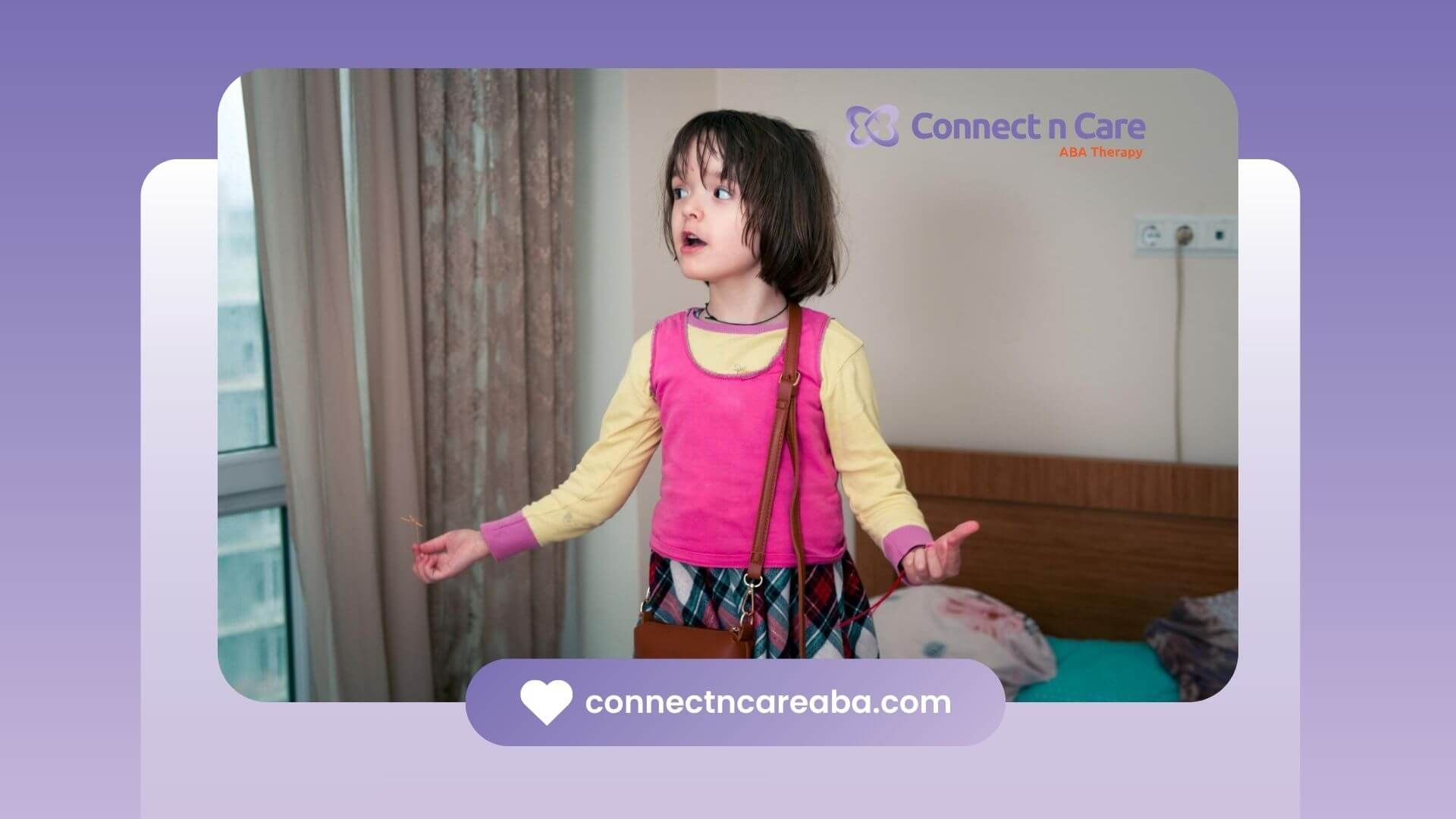Have you been wondering what you can do to help your child with ASD? Are you finding that ABA therapy seems to be the top recommended route for your newly diagnosed child ? You may have questions and concerns that leave you feeling confused, overwhelmed, or helpless as you navigate this new diagnosis, but here at Connect N Care, we provide the answers and support you’re seeking so you need not navigate this alone! In this comprehensive guide, we’ll explore who can benefit from ABA therapy and how Connect n Care ABA can help parents access the therapy their child needs.
Firstly, what is ABA?
ABA therapy is an evidence-based behavioral intervention that focuses on understanding and modifying behavior to improve social, communication, behavior and adaptive skills. Using comprehensive care plans that are tailored specifically to the needs of the individual, ABA breaks skills into small attainable steps that are gradually mastered and then generalized to other settings. It is a highly-individualized intervention that is widely recognized to be effective in individuals with autism spectrum disorder (ASD) and other developmental challenges.
Who Can Benefit from ABA Therapy?
ABA therapy can benefit individuals of all ages with various developmental challenges, including but not limited to:
– Autism Spectrum Disorder (ASD)
– Attention Deficit Hyperactivity Disorder (ADHD)
– Intellectual Disabilities
– Communication Disorders
– Down Syndrome
– Developmental Delays
Who qualifies for ABA therapy?
To access ABA therapy, individuals need to meet certain qualifications, which may vary based on factors such as location, insurance coverage, and funding options.
1. Autism Spectrum Disorder (ASD) Diagnosis
ABA therapy is most commonly associated with individuals diagnosed with autism spectrum disorder. A formal diagnosis of ASD from a qualified healthcare professional, such as a pediatrician or psychologist, is a requirement for accessing ABA therapy services through insurance funders.
2. Individualized Needs and Functional Limitations
ABA interventions can be applied to individuals with specific needs and functional limitations that can be addressed through ABA therapy. These needs may include challenges in communication, social interaction, behavior management, self-help skills, and academic or vocational skills.
3. Age Considerations
ABA therapy can be beneficial at any age, from early intervention for toddlers and preschoolers to school-age children, adolescents, and adults. While early intervention is ideal, ABA therapy can still be effective for individuals of all ages, targeting age-appropriate goals and skill development.
4. Insurance Coverage and Funding Options
Qualification for ABA therapy may also depend on insurance coverage and funding options available in your area. Some insurance providers have specific criteria or limitations regarding ABA therapy coverage. Additionally, there may be government-funded programs, grants, or scholarships that can assist with financing ABA therapy services.

Our mission at Connect n Care
At Connect n Care ABA, it is our mission to help any child who can benefit from ABA therapy receive access to the services they need. We take a comprehensive approach to help families navigate the qualification process and access appropriate ABA therapy. By conducting comprehensive assessments to evaluate each child’s individual needs, strengths, and areas for development, our team of professionals work closely with families, caregivers, and relevant professionals to gather information and develop an individualized treatment plan that will best serve your child.
If you believe that ABA therapy may benefit you or your loved one, reach out to Connect n Care ABA today to start the journey towards enhanced quality of life.









